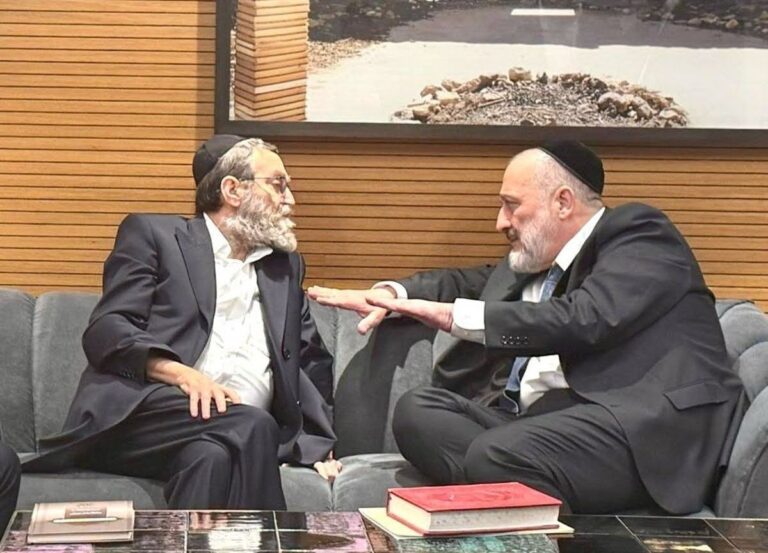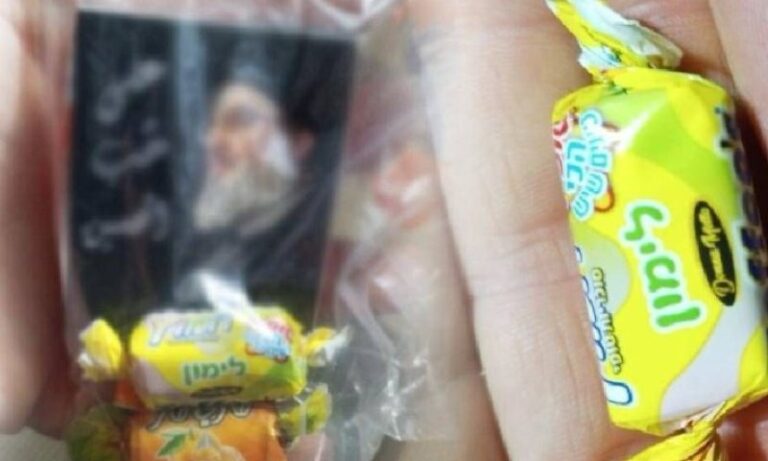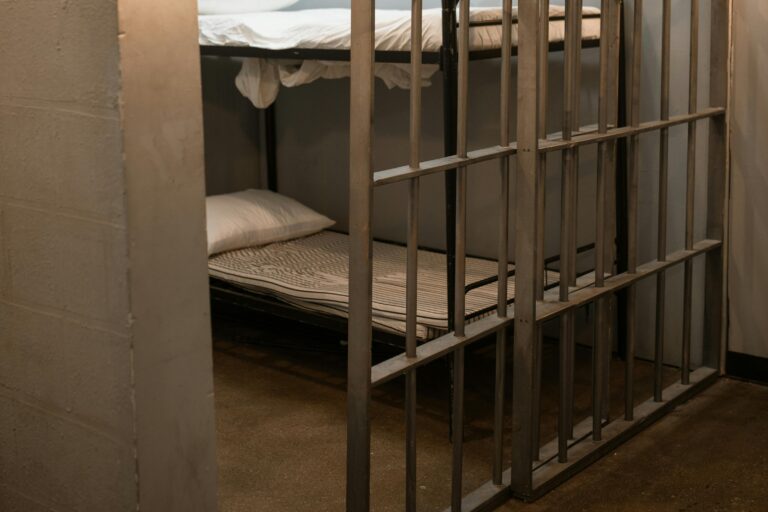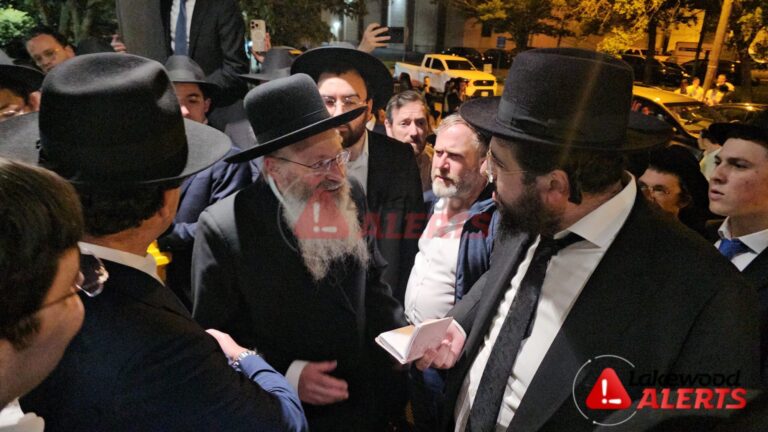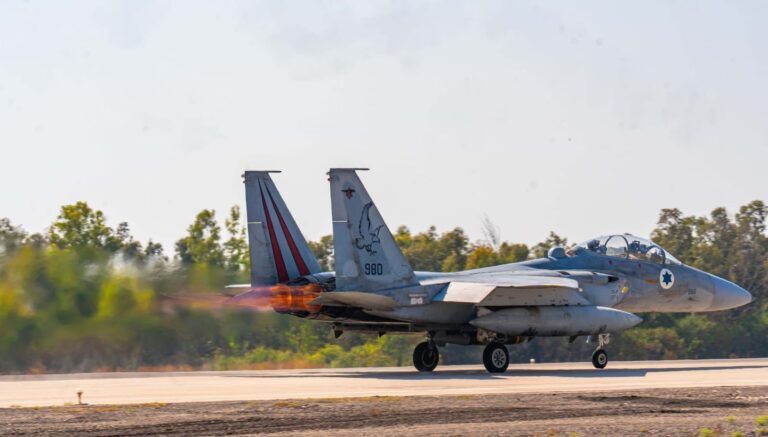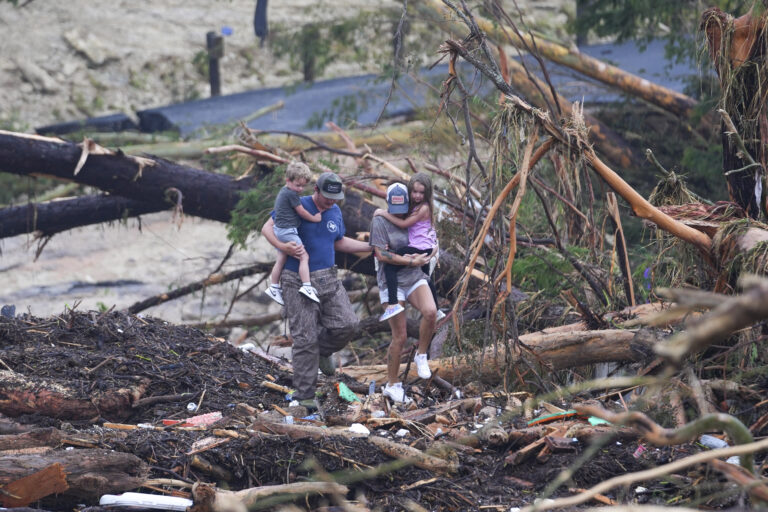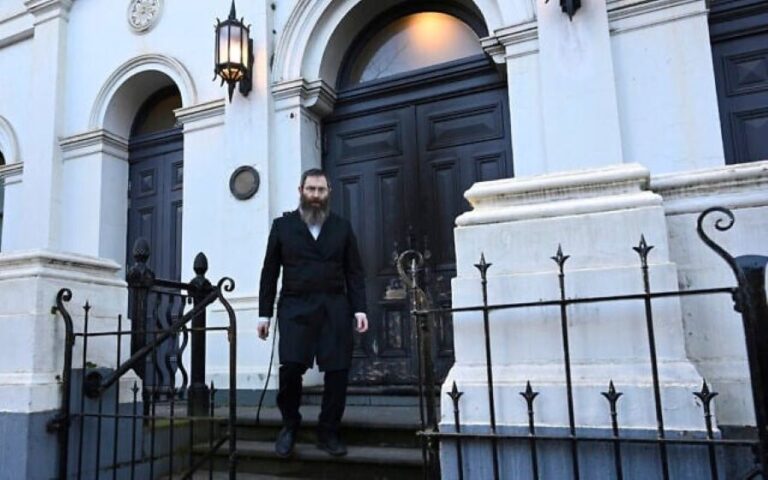 As Iran marks the anniversary of the 1979 takeover of the U.S. Embassy in Tehran, one could be forgiven for thinking relations were just as bad as ever between the Islamic Republic and America.
As Iran marks the anniversary of the 1979 takeover of the U.S. Embassy in Tehran, one could be forgiven for thinking relations were just as bad as ever between the Islamic Republic and America.
The arrests of U.S. citizens, hints of a Cold War-style prisoner swap, fears of Western infiltration and even the shutdown of a lookalike KFC restaurant show the suspicion still held by hard-liners after the nuclear deal with world powers.
In the short term, things may even get worse, analysts say, as Iran’s Supreme Leader Ayatollah Ali Khamenei continues to warn about American influence, a crucial parliamentary election approaches and the country’s intelligence and military services try to hold onto their economic and political power.
“I think many Americans and many Iranians didn’t take the leader at his word that this does not mean detente, that this is a one-off transaction. I think the system was deadly serious about this,” said Cliff Kupchan, the chairman of the Eurasia Group. “I think the increased contact will lead to detente with the U.S., but we have a lot of harsh repression to go through before we get there.”
On Wednesday, thousands demonstrated in front of the old U.S. Embassy, marking the 36th anniversary of students seizing 52 Americans hostage there after Washington refused to hand over the toppled U.S.-backed shah, Mohammad Reza Pahlavi. The protest came despite the deal that will see Tehran limit its nuclear program in exchange for the lifting of economic sanctions.
Meanwhile, four Iranian-Americans are known to be held by Iran: Iranian-American journalist Jason Rezaian of The Washington Post; former U.S. Marine Amir Hekmati of Flint, Michigan; pastor Saeed Abedini of Boise, Idaho; and Siamak Namazi, a businessman and the son of a politician from the shah’s era.
Separately, former FBI agent Robert Levinson disappeared in Iran in 2007 while working for the CIA on an unapproved intelligence mission. Iran also recently announced the arrest of Washington-based Lebanese citizen Nizar Zakka, who holds permanent-resident status in the U.S.
Iranian media has raised the possibility of exchanging some Americans for 19 Iranians held in the U.S. While that potential swap may figure into the arrests, Kupchan said the detentions also signal that the Iranian “deep state” still has a “number of post-deal messages it wants to send,” including to Iranians living abroad.
“To me, the message to the Iranian-American community is: ‘Don’t think you’re going to use your connections to come in and take over economic profits … in post-deal Iran, because you’re not,'” he said.
Another message involves projecting Iran’s power in the region, like supporting Syrian President Bashar Assad in his country’s long civil war. Images promoting Iran’s military prowess abound, whether it’s the recently televised Revolutionary Guard tour of an underground missile base or the announcement of newly designed weapons.
Anti-Americanism plays into that. As demonstrators burn American flags, a new Tehran billboard appropriates the famous Associated Press photo of the World War II flag-raising at Iwo Jima with blood-covered U.S. soldiers standing on a pile of corpses.
Even facsimiles of American culture are targeted, as demonstrators Wednesday carried signs that said no to U.S. fast-food chains like McDonald’s or Starbucks setting up franchises in the country. Authorities on Monday closed a newly opened lookalike KFC in Tehran, complete with images of founder Col. Harland Sanders, reportedly over licensing issues. Abbas Pazooki, the restaurant’s manager, said he hoped to reopen soon and claimed his eatery, “KFC Halal,” had nothing to do with the U.S. brand.
Andy Izquierdo, a spokesman for Yum Brands Inc. of Louisville, Kentucky, the owner of KFC, said his company was “shocked with the news that an illegitimate KFC outlet has opened in Tehran.”
“No franchise rights have been granted to any party in Iran,” he said in a statement. “We are in contact with local authorities and external advisers and will be filing a legal action against any company or individuals claiming to have rights to open KFC.”
During the demonstrations, state prosecutor Ebrahim Raeisi announced that the intelligence department of the Revolutionary Guard had detained a number of writers and spies “hired by Americans.” He did not elaborate. In recent weeks, artists and journalists in Iran have been arrested or given harsh sentences in a series of trials.
“Under no circumstances will we allow penetration of Americans in economic, social and cultural areas,” Raeisi said, repeating a constant warning heard since the nuclear deal.
So far, the nuclear deal seems secure in both countries despite Iran’s rhetoric and the recent arrests. U.S. President Barack Obama holds veto power over any effort by Congress to enact sanctions on Iran, while Iran’s government and Khamenei already have approved the terms of the deal. A parliamentary election in February also probably won’t endanger it, although hard-liners are eager to regain political power from those allied to moderate President Hassan Rouhani.
“Hard-liners are at work to undermine Rouhani’s policy of detente and constructive engagement with the outside world,” said Saeed Leilaz, a Tehran-based political analyst. “An expanded campaign by hard-liners is aimed at thwarting Rouhani’s administration and stopping his allies from winning the upcoming parliamentary elections.”
Despite the deal, the distrust between Iran and the U.S. will probably remain for some time. The crackdown and the increasingly hostile comments are intended entirely for Iran’s domestic audience and to ensure Khamenei’s power, said Sara Bazoobandi, a lecturer at Regent’s University London and an associate at Chatham House.
“A lot of senior politicians and senior policymakers inside of Iran do not understand the dynamics of U.S. domestic politics and the U.S. public,” Bazoobandi said. “In the same way, the Americans sit in the Congress and in the Senate thinking, ‘This is an attack against us,’ while it’s not. The Iranians sitting inside of Tehran think, ‘Oh, the Americans just want to walk in and overthrow us.'”
(AP)


